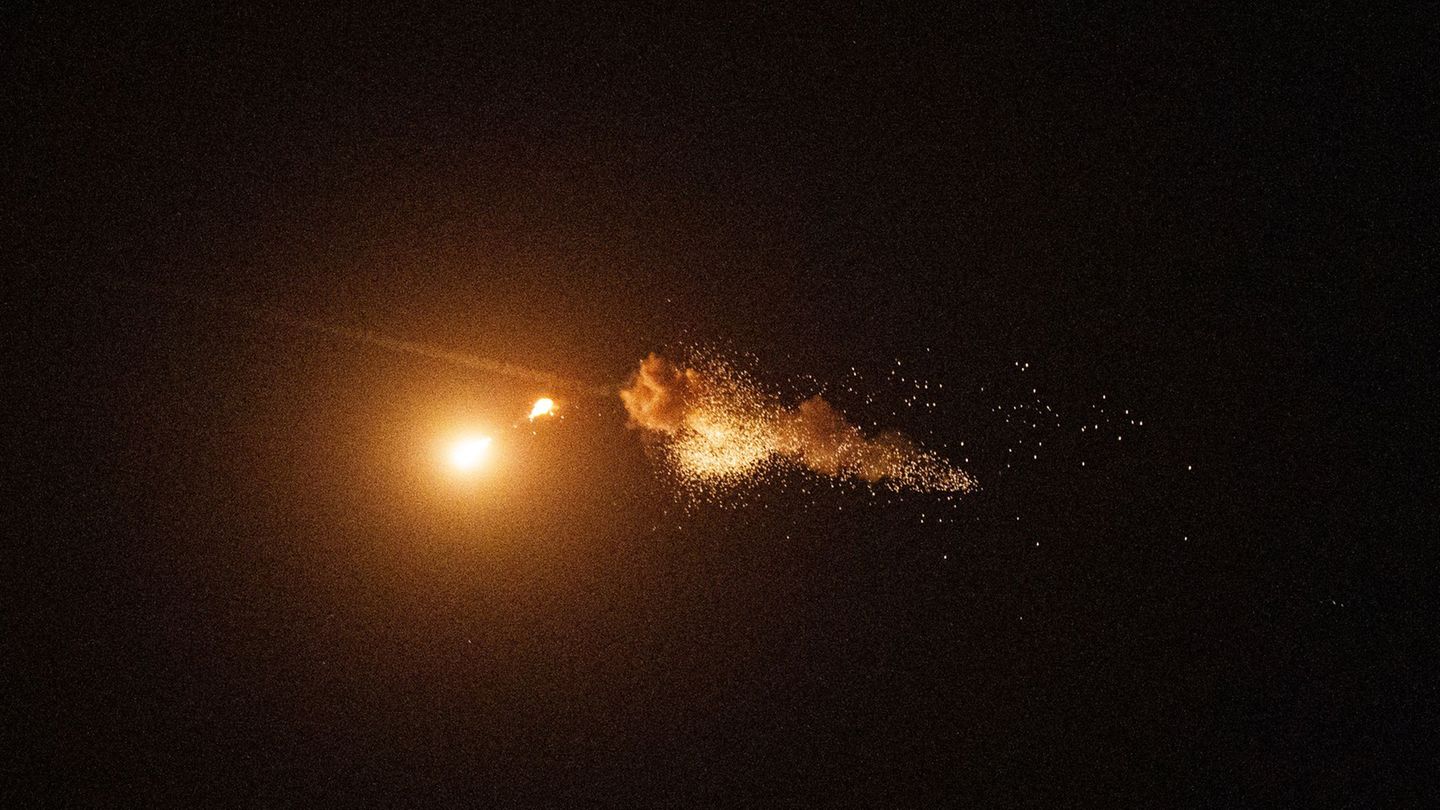Is Germany helping Hamas when it freezes development aid for the Palestinians? The latest comments from EU Council President Charles Michel are likely to spark discussions in Berlin.
There is a heated debate in the EU about the correct response to the attack on Israel by the Islamist terrorist organization Hamas. Yesterday evening, EU Council President Charles Michel clearly criticized the German decision to temporarily suspend financial aid for cooperation with the Palestinian territories. The Belgian warned that a halt to urgently needed development aid and humanitarian aid to Palestinian civilians could be exploited by Hamas and increase tensions and hatred.
There were serious tensions over the same issue within Ursula von der Leyen’s EU Commission. As a result, the authority even had to put into perspective last night’s announcements about the freezing of development aid payments. Accordingly, all payments will not be suspended immediately, as previously announced by the responsible EU Commissioner Oliver Varhelyi.
In the evening, commission circles said that it had actually been agreed not to pay out any money until a review of the aid had been completed. But it is also true that there are currently no payments pending.
The Hungarian Varhelyi had therefore communicated the decision arbitrarily and prematurely. The original plan was to first inform the member states so that the issue could then be discussed at the special meeting of foreign ministers with EU foreign policy chief Josep Borrell planned for today.
Borrell, who is also a member of the EU Commission, pushed for clarification after Varhelyi’s unsolicited communication. He then wrote that, in his view, the suspension of payments would have amounted to a punishment of the entire Palestinian people and would have damaged EU interests in the region. In addition, the terrorists would have only been emboldened even more.
Analysis: No direct or indirect funding
From Borrell’s point of view, an initial analysis also speaks against a suspension of payments, according to which it is already very clear that the EU neither directly nor indirectly finances the activities of Hamas or other terrorist organizations. Borrell’s entourage said that night that the EU foreign policy chief’s opinion on the suspension of payments was shared by a “significant number of EU member states and international partners”.
The discussions are relevant because, according to EU Commission President Ursula von der Leyen, the EU and its member states are the Palestinians’ largest donors, with a contribution of around 600 million euros per year. Financial aid of 1.18 billion euros was earmarked for the period 2021 to 2024 from the EU budget alone.
Health sector, social assistance services, development projects
According to the Commission’s information on Monday, the EU’s aid to the Palestinians has so far primarily been used to finance important support services for the Palestinian population and for the autonomous authority.
The authority cites the health sector, social assistance services for poor families and development projects in areas such as democratic governance, the rule of law, water, energy and economic development as concrete examples. The United Nations relief agency for Palestinian refugees in the Middle East is also supported.
How the aid will continue in the long term will probably only be decided after the EU Commission’s review at the earliest. It is considered extremely unlikely that all payments will be stopped. Yesterday’s announcements about freezing payments should be interpreted primarily as a signal of political support to Israel, said a senior EU diplomat. From their point of view, it cannot be expected that Germany will ultimately completely stop cooperation with the Palestinian territories.
BMZ reviews programs
The German Development Ministry (BMZ) announced yesterday that it would “temporarily” suspend financial aid for cooperation with the Palestinian territories. The programs will now be reviewed comprehensively and with an open outcome, said a ministry spokeswoman in Berlin yesterday.
According to its own information, the BMZ originally promised around 125 million euros in bilateral development cooperation for this year and next year. These are longer-term programs. A spokeswoman cited water supply and sanitation, a desalination plant, vocational training, job creation for young people and food security as examples.
Source: Stern
I have been working in the news industry for over 6 years, first as a reporter and now as an editor. I have covered politics extensively, and my work has appeared in major newspapers and online news outlets around the world. In addition to my writing, I also contribute regularly to 24 Hours World.




